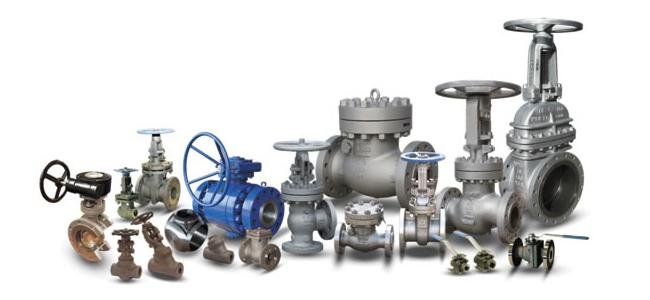Welcome to our blog
Welcome to our blog, where we delve into the fascinating world of industrial valves. Whether you’re an industry professional, an aspiring engineer, or simply curious about how things work, this comprehensive guide will take you on a journey to explore the vital role that valves play in various industries. From controlling the flow of fluids to regulating pressure and ensuring safety, valves are the unsung heroes behind many industrial processes. So, let’s dive in and discover the inner workings of these essential components.
What are industrial valves?
In this section, we’ll provide an overview of industrial valves, explaining their purpose and the types of industries that rely on them. We’ll explore the fundamental concepts behind valve operation and highlight their significance in controlling the flow of liquids, gases, and other substances.
Know more about industrial valves
Here, we’ll dive into the different types of valves commonly used in industrial settings. From gate valves to ball valves, butterfly valves to globe valves, we’ll explain the unique characteristics and applications of each type. This section will help you understand the right valve for specific operational requirements.
Types of industrial Valves ?
- Valve Components and Construction – Valves consist of various components that work together to facilitate fluid control. In this section, we’ll break down the anatomy of a valve, discussing essential elements such as the body, bonnet, stem, disc, and seat. We’ll explore different materials used in valve construction and their impact on durability, performance, and compatibility with different media.
- Valve selection and sizing – Selecting the right valve for a particular application is crucial for optimal performance. In this section, we’ll guide you through the factors to consider when choosing a valve, such as flow requirements, pressure ratings, temperature limitations, and media compatibility. We’ll also cover valve sizing methodologies to ensure efficient and accurate selection.
- Valve Actuators and Control Systems – Valve actuators play a pivotal role in automating valve operation. We’ll discuss different types of actuators, including electric, pneumatic, and hydraulic, and explore their advantages and applications. Additionally, we’ll touch upon control systems that integrate valves into industrial processes, such as SCADA (Supervisory Control and Data Acquisition) and DCS (Distributed Control System).
- Valve Maintenance and Troubleshooting- Like any mechanical component, valves require regular maintenance to ensure their longevity and reliability. In this section, we’ll provide practical tips for valve maintenance, including cleaning, lubrication, and inspection procedures. We’ll also address common valve issues and troubleshooting techniques to help you resolve problems efficiently.
- Industry Applications-Valves find applications in a wide range of industries, including oil and gas, chemical, power generation, water treatment, and more. In this section, we’ll explore real-world examples of valve usage in these sectors, highlighting the critical role they play in specific processes and systems.
- Conclusion- Industrial valves are the unsung heroes of fluid control, enabling safe and efficient operation in numerous industries. Through this comprehensive guide, we’ve covered the basics of valve types, construction, selection, and maintenance. By understanding the intricacies of valves, you’ll gain a deeper appreciation for their significance and be better equipped to optimize their use in industrial applications. So, let’s continue exploring the fascinating world of industrial valves together! Know more information about products and pricing contact us today mail us at focetvalves@gmail.com


